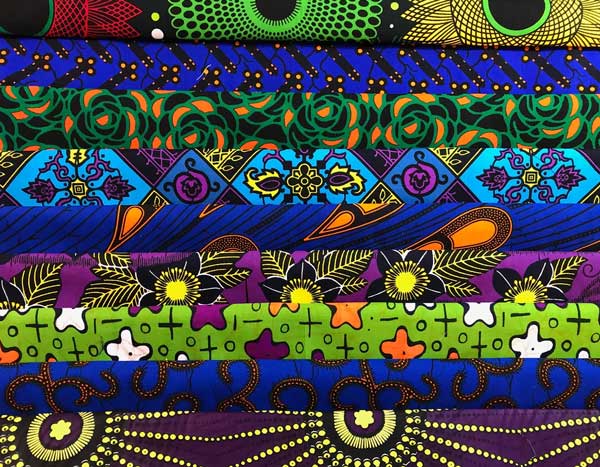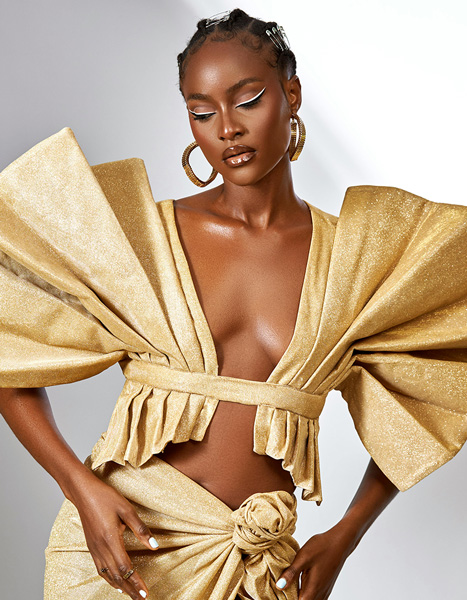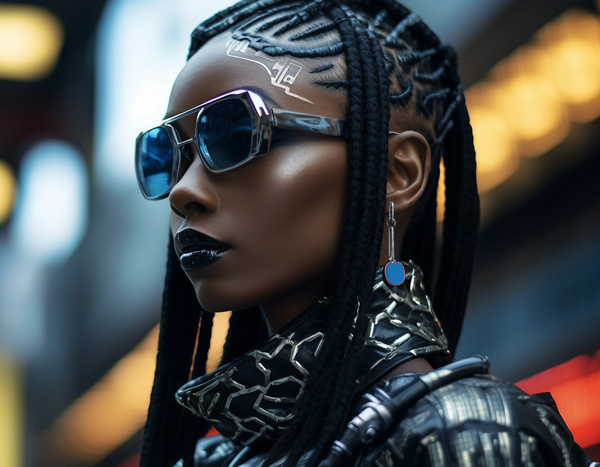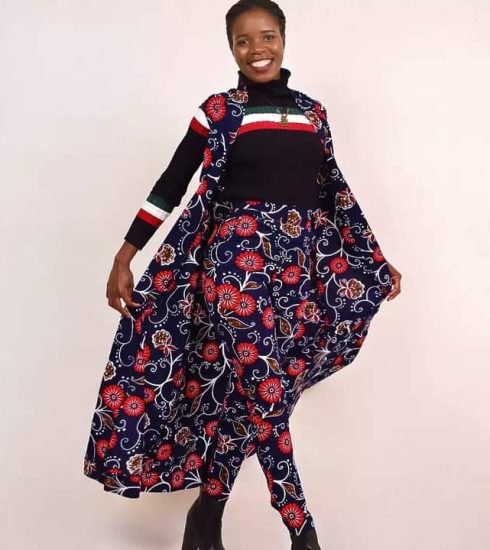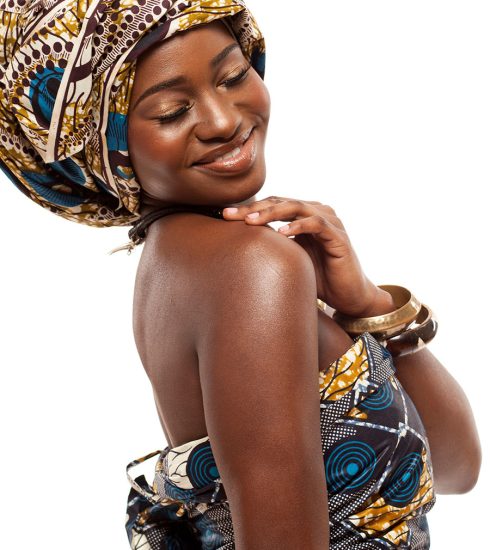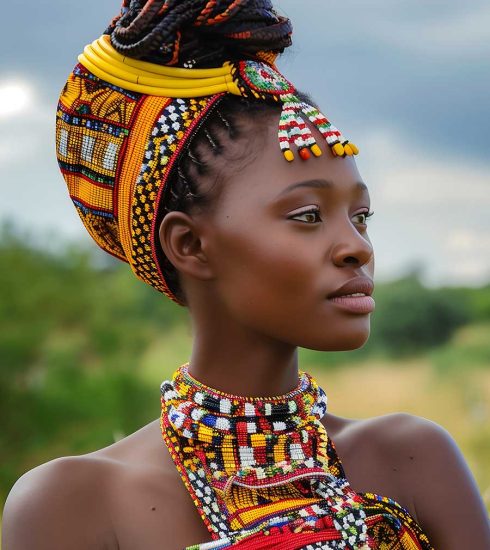Bridging Cultures: How African Fashion is Influencing Global Style
- Fesheni Africa
- August 1, 2025
From haute couture to high street fashion, African influence is now woven (pun intended) into the global style narrative, and quite frankly, it’s about time.
Like a bold Ankara print that refuses to go unnoticed, African fashion entered the scene and demanded a seat at the global table.
Prints with a Passport
Let’s start with the undeniable power of African textiles—Ankara, Kente, Bogolan (mud cloth)—all of which have traveled from their roots to become global fashion staples. Ankara prints, with their bold colors and striking patterns, are no longer reserved for cultural ceremonies in Lagos or Accra. Today, they’re featured on international runways and are worn by the likes of Beyoncé, Rihanna, and even Meghan Markle, proving they’ve gone far beyond “exotic” and into the realm of iconic.
Kente cloth, traditionally handwoven by the Ashanti and Ewe peoples of Ghana, has also found a modern twist. Designers like Virgil Abloh (Louis Vuitton) and Ozwald Boateng have borrowed elements of Kente to create collections that blend heritage with innovation. It’s a striking example of how African craftsmanship is shaping global high fashion.
African Designers on the Global Stage
African designers are no longer sitting quietly in the corner—they’re taking over the room. Nigerian brand Tiffany Amber has become a global sensation with its modern reinterpretations of traditional African aesthetics. South African designer Thebe Magugu, who won the prestigious LVMH Prize in 2019, has been hailed for his ability to tell stories of African identity through his designs. And let’s not forget Lisa Folawiyo, who turned Ankara fabric into a high-fashion phenomenon with her inventive embellishments.
These designers aren’t just showcasing African fashion; they’re redefining what it means to be “modern.” The irony, of course, is that these “modern” designs often draw heavily on traditions that predate Western fashion by centuries.
The High Street and Beyond
It’s not just haute couture that’s feeling the African fashion wave; the high street has also caught on. Fast fashion brands like Zara and H&M have launched collections inspired by African prints, sometimes with the problematic label of “tribal” (insert eye roll here). While these collections may lack the authenticity of designs from the continent, they do signal the growing demand for African-inspired fashion in mainstream markets.
Meanwhile, platforms like Kisua and Fesheni Africa are bridging the gap by offering authentic African designs to global consumers. By focusing on ethical production and storytelling, these brands ensure that the creators—African artisans and designers—get the recognition and financial reward they deserve.
Cultural Exchange or Appropriation?
Of course, no discussion of African fashion’s global influence would be complete without addressing the elephant in the room: cultural appropriation. For every genuine collaboration, there’s a brand that slaps a Kente-inspired pattern on a tote bag without acknowledging its origins. But as African designers gain more visibility and control over their narratives, we’re seeing a shift toward cultural exchange rather than exploitation.
The Future Is Bold
African fashion’s global influence is more than just a trend—it’s a revolution. As brands and designers from the continent continue to rise, they’re proving that Africa isn’t just a source of inspiration; it’s a powerhouse of innovation, creativity, and history. The global fashion industry has a lot to learn from Africa’s deep cultural wells, and it’s finally beginning to take notes.
So, the next time you see someone rocking an Ankara suit or a beaded necklace inspired by the Samburu, remember: African fashion isn’t just influencing global style—it’s redefining it. And quite frankly, the world looks better for it.




